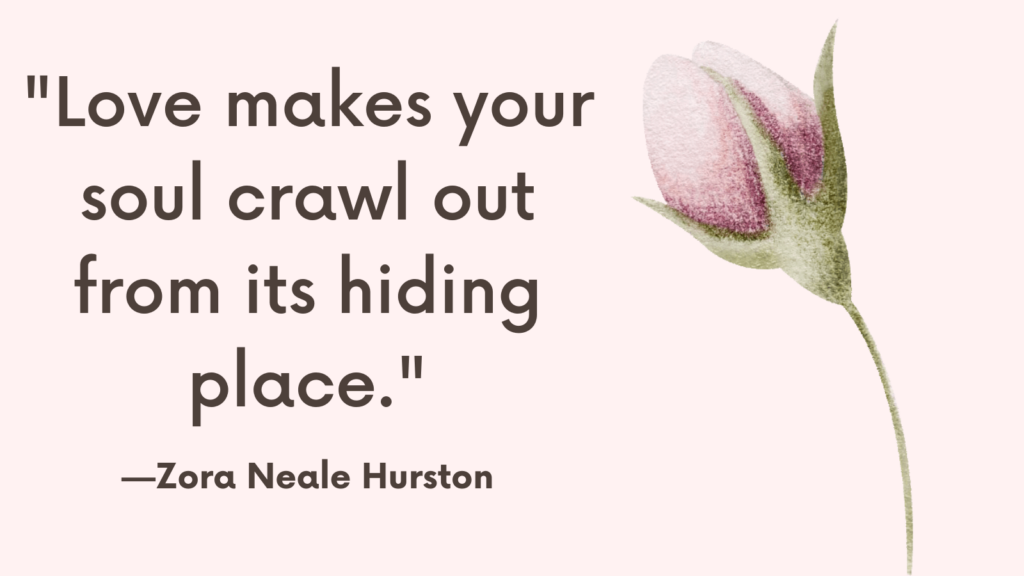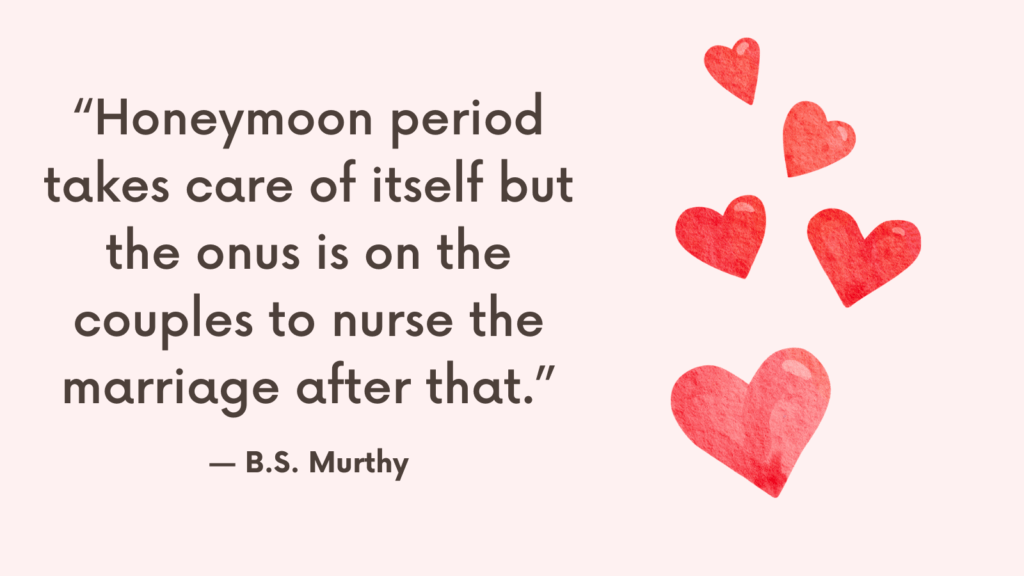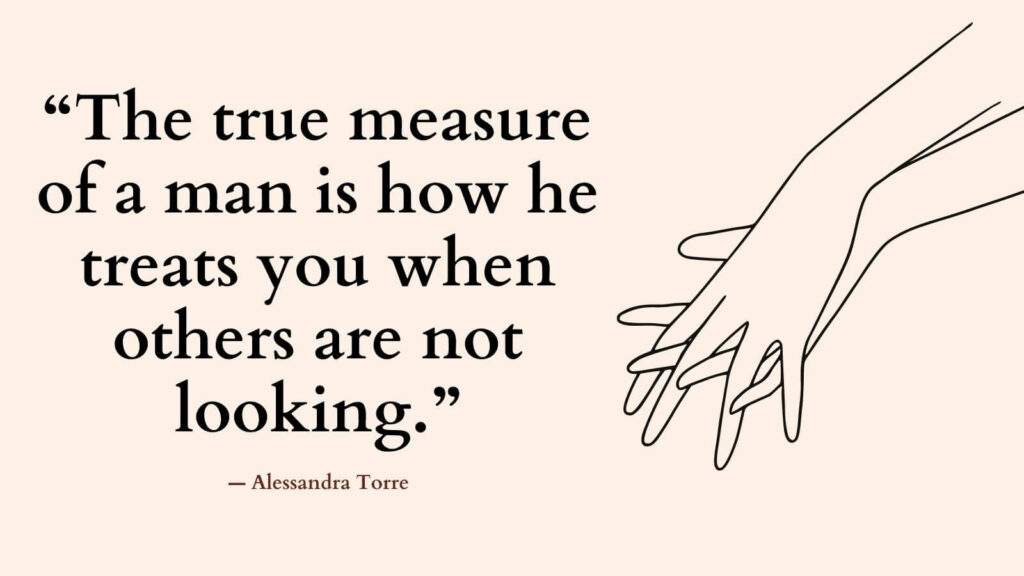Have you ever wondered why certain types of people keep showing up in your life?
Whether it’s emotionally troubled friends or manipulative partners, the individuals you attract can reveal significant insights about your personality and underlying patterns.
This blog post will delve into the intriguing dynamics of attraction, helping you understand what the people around you say about who you are and offering practical steps to foster healthier relationships.
Why Familiar Doesn’t Always Mean Healthy
Your earliest relationships — with parents, caregivers, or influential figures — silently shaped your expectations for love, attention, and safety. If love once meant unpredictability or self-abandonment, you may unconsciously be drawn to people who recreate that emotional landscape.
The Role of Attachment Styles
- Anxious Attachment: Often attracts avoidant partners. You chase reassurance; they withdraw. The cycle feels like passion, but it’s actually pain.
- Avoidant Attachment: Often feels suffocated by consistency. You keep people at arm’s length, then wonder why you feel alone.
- Disorganized Attachment: Struggles to trust either safety or distance. You might feel pulled toward emotionally unavailable people while fearing the ones who show up too soon.
- Secure Attachment: Can feel unfamiliar if you’ve never experienced emotional safety. You may push it away or not recognize it as real.
The Types of People You Attract and What They Reveal About You
#1. Emotionally Troubled Drama Queens
Are you often the go-to person for friends dealing with drama or emotional struggles?
If so, your ability to create a safe space for others likely stems from your patience, compassion, and willingness to listen.
This trait might be rooted in your own experiences with tough times, enabling you to empathize deeply.
What to do?
1. Recognize Your Limits
Being aware of your own limits is the first step in managing these relationships.
It’s crucial to understand that you cannot solve all their problems.
Set boundaries to ensure that their emotional needs do not overwhelm you.
Decide how much time and energy you can realistically offer. Communicate these limits gently but firmly to your friend.
2. Encourage Professional Help
While your support is valuable, it’s essential for drama queens to seek professional help.
Therapists and counselors are equipped to provide the guidance and tools necessary for managing intense emotions and crises.
Encourage them to see a therapist. Offer to help them research local professionals or accompany them to their first appointment if they’re nervous.
Related: Why Do People Stay In Toxic Relationships? Top 12 Reasons
3. Develop Coping Mechanisms
Help your friend develop healthy coping mechanisms and problem-solving skills.
This empowers them to handle their emotions more constructively and reduces their reliance on you for constant support.
Share techniques like journaling, mindfulness exercises, or breathing exercises.
These can be effective in helping them manage their emotions on their own.
4. Maintain Your Own Mental Health
To effectively support others, you must first take care of yourself.
Engage in activities that replenish your energy and bring you joy.
This ensures you can offer support without becoming emotionally drained.
Establish a self-care routine that includes activities like exercise, hobbies, or spending time with other supportive friends and family.
Make this a non-negotiable part of your schedule.
Related: How to Stop the Cycle of Negative Relationships?
5. Foster Independence
Encourage your friend to become more independent in managing their emotions and resolving their issues.
This not only benefits them in the long run but also reduces the pressure on you.
Instead of giving direct advice, ask questions that help them think through their problems and come up with their own solutions.
For example, ask, “What do you think would be the best way to handle this situation?”
6. Know When to Step Back
There might be times when stepping back is necessary for your own well-being.
Recognize when you need a break and take it without guilt.
It’s important to protect your mental health to continue being a supportive friend in the long run.
If you feel overwhelmed, it’s okay to take a step back. Inform your friend that you need some time for yourself, ensuring you communicate this kindly and clearly.
Related: How to Recognize and Address Toxic Relationships?
#2. People in Need of Saving
Do you often find yourself playing the role of a rescuer, always ready to help distressed partners or lend money to friends in need?
This behavior, known as “rescuer syndrome,” reflects a deep-seated need to help and fix others’ problems, often at the expense of your own well-being.
What to do?
1. Understand Your Motivations
Recognize why you feel compelled to rescue others.
This self-awareness can help you address any underlying issues driving your behavior and create healthier dynamics in your relationships.
Keep a journal to explore your thoughts and feelings when you feel the urge to help.
Understanding your motivations can be the first step towards change.
2. Set Healthy Boundaries
Establishing boundaries is essential to protect your well-being.
Ensure that your support for others does not come at the cost of your own health and happiness.
Clearly communicate what you can and cannot do.
For example, if a friend frequently asks for money, decide on a limit and stick to it.
Politely explain that while you care about them, you need to manage your own finances responsibly.
3. Promote Self-Reliance
Encourage those you help to become more self-reliant.
This not only empowers them but also reduces their dependency on you, fostering healthier relationships.
Instead of solving problems for them, guide them towards finding their own solutions.
Offer advice and resources, but let them take the lead in addressing their issues.
Related: 8 Symptoms of Ongoing Traumatic Relationship Syndrome
4. Practice Self-Care
To effectively support others, you need to be in a good place yourself.
Make self-care a priority to ensure you have the energy and resilience to help when necessary.
Engage in activities that nurture your mental and physical health.
This could include exercise, hobbies, spending time with loved ones, or seeking therapy for yourself.
5. Avoid Enabling Behavior
Ensure that your help does not enable negative behavior.
Sometimes, stepping back and allowing them to face consequences can be more beneficial in the long run.
Regularly evaluate whether your assistance is genuinely helping or merely enabling them to avoid dealing with their problems.
Adjust your approach accordingly.
Open and honest communication is key to maintaining healthy relationships.
Clearly express your feelings and boundaries, and encourage others to do the same.
When discussing boundaries or concerns, use “I” statements to express your feelings without sounding accusatory.
For example, “I feel overwhelmed when I am asked for help constantly and need some time for myself.”
Related: 12 Signs You’re Healing From A Toxic Relationship
#3. People Who Want to Help You
Do you attract individuals who are eager to support and help you?
This indicates that you create an environment where people feel comfortable offering help, likely due to your openness, vulnerability, and expression of gratitude.
What to do?
1. Recognize and Appreciate Their Support
When people offer their help, it’s essential to recognize and appreciate their efforts.
This fosters a positive relationship and encourages them to continue offering support when needed.
Regularly thank those who help you. A simple thank you, a heartfelt note, or a small token of appreciation can go a long way in showing your gratitude.
2. Set Boundaries and Maintain Independence
While it’s great to have support, it’s important to maintain your independence and not become overly reliant on others.
Setting boundaries ensures that the support remains healthy and respectful.
Clearly communicate what kind of help you need and when.
For instance, if a friend wants to help with a project, specify the areas where you could use assistance and those you prefer to handle yourself.
Related: Finding Peace After A Toxic Relationship In 5 Steps
3. Balance Give and Take
Healthy relationships involve a balance of giving and receiving.
Ensure that you are also offering support to those who help you, creating a reciprocal relationship.
Look for opportunities to support those who assist you.
This could be through emotional support, helping with tasks, or simply being there when they need someone to talk to.
4. Encourage Open Communication
Foster an environment of open communication where both parties feel comfortable expressing their needs and boundaries.
This helps prevent misunderstandings and ensures that the support is genuinely helpful.
Have regular conversations with your supporters to discuss how things are going.
Ask for feedback and provide your own to ensure that the support remains beneficial and respectful.
5. Be Mindful of Their Time and Energy
Respect the time and energy of those who help you.
Ensure that your requests for help are reasonable and considerate of their other commitments.
Before requesting help, consider whether it’s something you can manage on your own.
If you do need assistance, ask politely and ensure it’s a convenient time for them.
6. Learn from Their Support
Use the help you receive as an opportunity to learn and grow.
This not only makes you more self-sufficient but also shows that you value and utilize the support effectively.
If someone helps you with a particular skill or task, take the opportunity to learn from them.
This not only reduces your future reliance on others but also shows that you appreciate their expertise.
Related: Top 10 Books About Toxic Relationships
#4. Emotionally Unavailable and Hot-and-Cold Partners
Do you often end up with partners who struggle with commitment or exhibit erratic behavior?
This pattern might be linked to attachment styles.
Anxious attachment leads you to crave closeness and reassurance, while avoidant partners prioritize independence, resulting in a turbulent dynamic.
What to do?
1. Understand Attachment Styles
Recognizing attachment styles can help you understand the dynamics at play in your relationships.
Awareness of your own and your partner’s attachment styles is the first step in addressing these issues.
Read about attachment theory and take quizzes to identify your own and your partner’s attachment styles.
Books like “Attached” by Amir Levine and Rachel Heller can be particularly insightful.
Related: Emotionally Unavailable Husband Quiz
2. Set Clear Boundaries
Establishing clear boundaries is essential when dealing with emotionally unavailable partners.
This helps protect your emotional well-being and clarifies what behavior you are willing to accept.
Decide what behaviors are unacceptable to you, such as disappearing acts or lack of communication.
Communicate these boundaries to your partner clearly and stick to them.
3. Communicate Openly
Open and honest communication is crucial in any relationship, but especially with partners who exhibit hot-and-cold behavior.
Express your needs and concerns directly but calmly.
Initiate a conversation about your feelings and the impact of their behavior on the relationship.
Use “I” statements to avoid sounding accusatory, such as “I feel hurt when you withdraw without explanation.”
Related: Healing Anxious Attachment In Adults In 5 Steps
4. Foster Independence
Cultivating your own independence can reduce the anxiety that comes from an emotionally unavailable partner.
Engage in activities and relationships that fulfill you outside of your romantic partnership.
Invest time in hobbies, career goals, and friendships.
This not only enriches your life but also decreases your reliance on your partner for emotional fulfillment.
5. Evaluate the Relationship
Regularly assess whether the relationship is meeting your needs and if it’s worth continuing.
Recognizing when to move on is crucial for your emotional health.
Periodically take a step back and evaluate the relationship.
Ask yourself if it brings you more happiness or stress, and whether your needs are being met.
Related: Best 10 Books On Healing Anxious Attachment
#5. Manipulators, Controllers, and Abusers
Have you felt trapped in relationships where your decisions are scrutinized and your sense of self diminishes?
This may be linked to low self-esteem and a lack of assertiveness, making you vulnerable to manipulative and controlling partners.
What to do?
1. Recognize the Signs of Manipulation and Control
Understanding the tactics used by manipulators and controllers is the first step to regaining control over your life.
These tactics often include guilt-tripping, gaslighting, and isolation from friends and family.
Learn about common manipulative behaviors. Resources like books, articles, and support groups can help you identify these tactics.
2. Build Your Self-Esteem
Low self-esteem often makes you more susceptible to manipulation and control.
Fostering a positive self-image is essential for breaking free from these harmful relationships.
Practice daily affirmations that focus on your strengths and worth.
Activities like journaling about your accomplishments and positive qualities can boost your self-esteem.
Related: Is Cheating Abuse?
3. Set and Enforce Boundaries
Establishing firm boundaries is crucial to protect yourself from manipulation and control.
Clearly define what behaviors are unacceptable and communicate these boundaries to your partner.
Clearly state your boundaries and the consequences of violating them.
For example, “I need you to respect my decisions. If you continue to undermine me, I will need to reconsider our relationship.”
4. Develop Assertiveness Skills
Being assertive means standing up for yourself in a respectful and confident manner.
This skill can help you resist manipulation and regain control over your life.
Use “I” statements to express your feelings and needs clearly and respectfully.
For example, “I feel disrespected when my opinions are dismissed. I need you to listen to me.”
5. Create a Safety Plan
If you are in an abusive relationship, having a safety plan can be lifesaving.
This plan should include steps to take if you need to leave quickly and resources for support.
Identify a safe place to go, keep important documents and money accessible, and have a list of emergency contacts.
Share your plan with a trusted friend or family member.
Related: Top 25 Tips On How To Set Boundaries Without Being Controlling? (+FREE Worksheets PDF)
6. Evaluate the Relationship
Regularly assess whether the relationship is healthy and fulfilling.
Acknowledging the negative impact of a manipulative or controlling partner is crucial for your well-being.
Periodically take time to reflect on the relationship’s impact on your mental and emotional health.
Consider whether it is worth continuing or if it’s time to leave.




